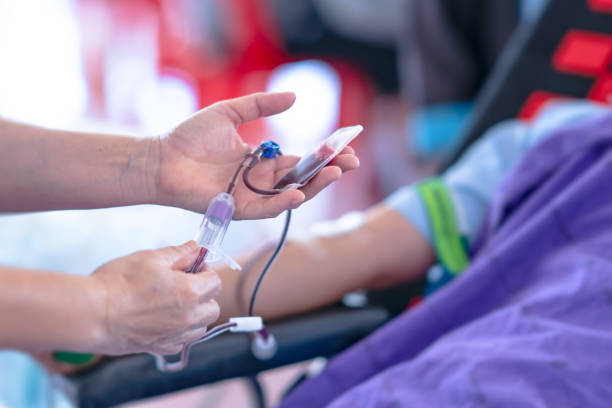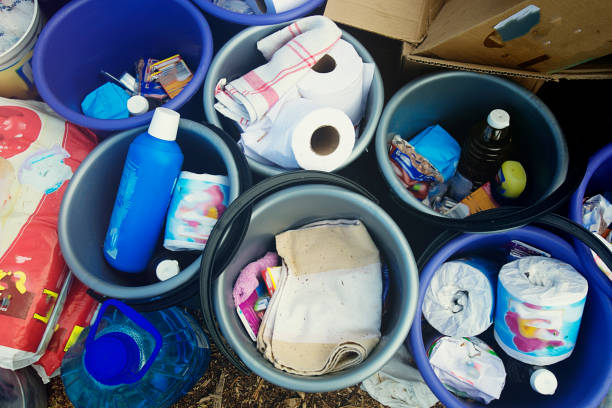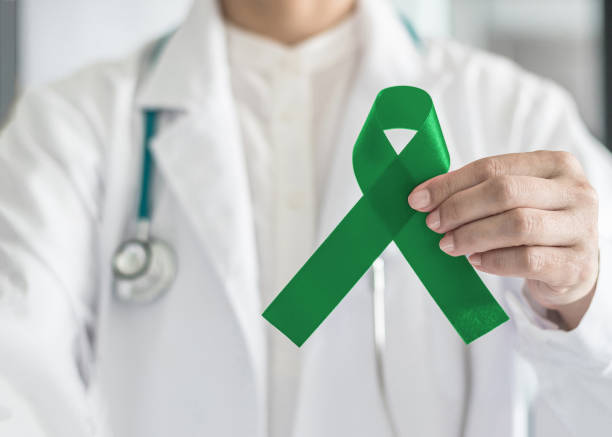How to Donate Blood
Introduction to Blood Donation
Donating blood is a simple yet powerful act of kindness that saves lives. Every day, hospitals and medical centers around the world rely on the generosity of blood donors to provide life-saving transfusions to patients in need. Whether it's for surgery, trauma care, or treating chronic illnesses, the demand for blood is constant. Understanding the process of donating blood can help demystify it and encourage more people to contribute to this critical cause.
The Importance of Blood Donation
Blood is an essential component of the human body, responsible for transporting oxygen, nutrients, and waste products to and from the cells. During emergencies or medical procedures, patients may lose significant amounts of blood, necessitating transfusions. Conditions such as anemia, cancer, and severe trauma often require blood transfusions for treatment. Regular blood donations help maintain an adequate supply for hospitals and emergency services, ensuring that blood is available when needed most.
Who Can Donate Blood?
To donate blood, individuals must meet specific eligibility criteria to ensure the safety and health of both the donor and the recipient. Generally, donors should be in good health, at least 17 years old (in some regions, 16 with parental consent), and weigh at least 110 pounds. Potential donors must undergo a health screening that includes a questionnaire about their medical history and lifestyle, as well as a brief physical examination. Certain medical conditions, medications, and recent travel history can temporarily or permanently disqualify someone from donating blood.
Preparing for Blood Donation
Preparation is key to a successful blood donation experience. Before donating, it is important to get a good night's sleep and eat a healthy meal. Avoid fatty foods, as they can affect the results of blood tests performed on donated blood. Drink plenty of water to stay hydrated, which helps maintain blood volume and makes the donation process smoother. Avoid alcohol and caffeine on the day of donation, as these can lead to dehydration. Wear comfortable clothing with sleeves that can be easily rolled up.
The Donation Process
Upon arriving at the donation center, donors will register and complete a health history questionnaire. A staff member will check the donor's vital signs, including blood pressure, pulse, and hemoglobin levels. If the donor meets all the requirements, they will proceed to the donation area.
The actual blood donation process involves a trained phlebotomist cleaning the donor's arm with an antiseptic and inserting a sterile needle into a vein. The donor will feel a quick pinch, but the procedure itself is relatively painless. The blood is collected into a sterile bag, and the entire process usually takes about 10-15 minutes. After donating, the needle is removed, and a bandage is applied to the puncture site.
Post-Donation Care
After donating blood, it is essential to follow certain post-donation care guidelines to ensure a smooth recovery. Donors should rest for a few minutes and have a snack and a drink provided by the donation center. This helps replenish fluids and energy levels. Avoid strenuous activities and heavy lifting for the rest of the day to prevent any complications. Drink plenty of water and continue to eat nutritious meals. If any dizziness or light-headedness occurs, lying down with feet elevated can help alleviate these symptoms.
Types of Blood Donations
There are different types of blood donations, each serving a unique purpose. Whole blood donation is the most common and involves donating a pint of blood that is later separated into its components. Platelet donation, or apheresis, involves collecting platelets while returning red cells and plasma to the donor. Platelets are crucial for patients undergoing chemotherapy or organ transplants. Plasma donation involves collecting the liquid portion of blood, which is essential for treating patients with clotting disorders. Double red cell donation involves collecting two units of red cells while returning plasma and platelets to the donor, benefiting patients who need significant red blood cell transfusions.
Frequency of Blood Donations
The frequency at which individuals can donate blood depends on the type of donation. Whole blood donors can typically donate every 56 days, while platelet donors can donate every 7 days, up to 24 times a year. Plasma donors can give every 28 days, and double red cell donors can donate every 112 days. It is important to follow these guidelines to ensure the donor's health and the safety of the donated blood.
Common Myths About Blood Donation
Several myths and misconceptions about blood donation can deter potential donors. One common myth is that donating blood is painful. In reality, most donors experience only minor discomfort during the needle insertion. Another myth is that donating blood can lead to weakness or fainting. While some donors may feel light-headed temporarily, proper hydration and rest can prevent these symptoms. Some people believe that donating blood increases the risk of contracting diseases. However, blood donation procedures follow strict protocols to ensure safety, including using sterile, single-use needles.
Benefits of Blood Donation
Blood donation not only saves lives but also offers several benefits to donors. Regular blood donation helps reduce the risk of certain health conditions, such as heart disease and cancer, by lowering iron levels in the blood. It also promotes the production of new blood cells, maintaining overall health. Donors receive a mini-health check-up during each donation, including blood pressure, pulse, and hemoglobin levels. This can help identify potential health issues early. Additionally, knowing that one's donation has made a difference in someone's life provides a sense of fulfillment and purpose.
Encouraging Others to Donate
Encouraging others to donate blood can amplify the impact of one's contribution. Sharing personal experiences and success stories can inspire friends, family, and colleagues to donate. Organizing blood drives at schools, workplaces, or community centers can make it convenient for more people to participate. Social media platforms offer a powerful tool for spreading awareness about the importance of blood donation and reaching a broader audience. Providing information about the donation process, eligibility criteria, and benefits can help dispel fears and misconceptions.
Blood Donation During the COVID-19 Pandemic
The COVID-19 pandemic has highlighted the critical need for a stable blood supply. While many aspects of life have been disrupted, the need for blood donations has remained constant. Donation centers have implemented additional safety measures to protect donors and staff, including enhanced sanitation, social distancing, and health screenings. Potential donors are encouraged to check with their local donation centers for specific guidelines and protocols. It is safe to donate blood during the pandemic, and the contributions are more valuable than ever.
How to Find a Blood Donation Center
Finding a local blood donation center is easy and convenient. Many organizations, such as the American Red Cross and local blood banks, offer online tools to locate nearby donation sites and schedule appointments. Hospitals and community health centers often host blood drives, providing additional opportunities to donate. Mobile blood donation units also travel to various locations, making it accessible for people to donate in their communities. Checking with local health departments and community organizations can provide information about upcoming blood drives and donation events.
Conclusion
Donating blood is a noble and essential act that can save lives and improve the health of individuals in need. Understanding the process, benefits, and importance of blood donation can encourage more people to contribute to this life-saving cause. By preparing adequately, following post-donation care guidelines, and encouraging others to donate, individuals can make a significant impact on their communities and beyond. The simple act of donating blood can create a ripple effect of kindness and compassion, ultimately making the world a healthier and more connected place.




